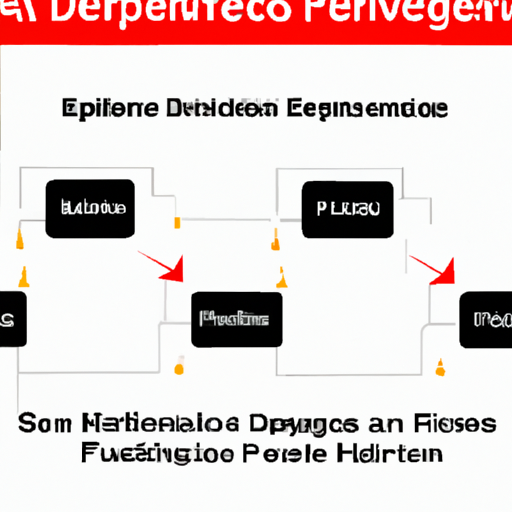CORE_COMPETENCE
Product_Leaders
5000+
num_01
1000+
num_02
TOP03
num_03
index_more
index_more_content

info_item01
info_item_content01

info_item02
info_item_content02

info_item03
info_item_content03

info_item04
info_item_content04
NEWS
NEWS
application development in Video Amps and Modules for ECS-F1HE155K: key technologies and success stories
2025-10-18
0





















